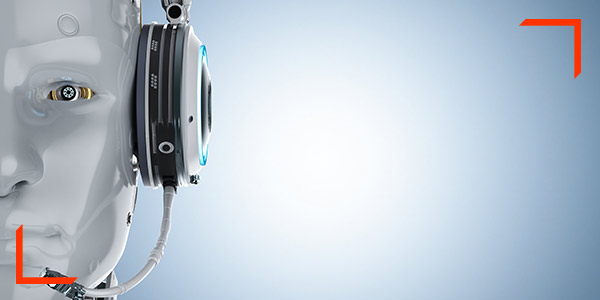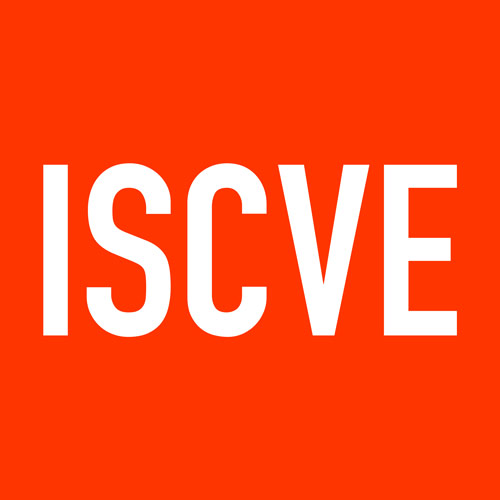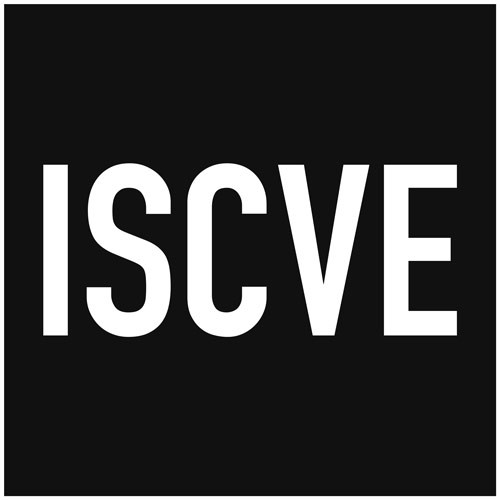The Audio World – How Will Machine Learning Influence It?
Imagine a world where there are no loudspeakers, no induction loops, no visual aids, no microphones and yet everyone is able to receive the spoken word through wearable or implanted tech. Are we moving towards a time when this could be our reality?
The answer to that question is yes. With the advancement in microprocessors within the last 20 years and the pace of change within Artificial Intelligence (AI), there are already technologies that are voice activated outside of the audio industry e.g. Alexa, Siri and OK Google. And yes, these systems are targeted at the mass domestic market, but already we are seeing their algorithms within the commercial world; within fraud prevention, data analysis and building management systems.
As the data mining techniques and storage advances and more and more data is available for machine learning techniques, companies and institutes will be able to construct better and more powerful algorithms to learn tasks and procedures. So in this way, can the audio industry take these on-board and think in more original and innovative ways?
Are we saying that the traditional audio model is superseded? No, because I believe that there will always be people who will be looking for quality sound reproduction and what some people might call the feeling, from a correctly set up sound system whether that be in a church, theatre, or club, will always be favoured in some situations and for some people.

So in this way, can the audio industry take these on-board and think in more original and innovative ways?
However, who is to say that with an implanted transmitter receiver, the quality reproduction will not be as good. Yes, perhaps the feeling of dynamic sound may not be there, but the opportunity for everyone to hear the equal unbiased level of information will be available, honest and true.
Also in this way, the traditional customer who would come to the acoustic consultant and audio installer would not be needed. This, in itself, is something to be aware of because this would render the audio industry, as it currently stands, obsolete but would have a dramatic advantage to any large public spoken word event, for example, because a speaker and listeners could arrive at a venue and immediately receive the spoken word as information direct to their neural pathway and there would be no need for a sound reinforcement system.
How might this be welcomed or not with the customer and with us, as manufacturers, designers and installers? Morally I do not believe currently, that people will want to have a piece of technology implanted in them as some people may see it as a violation, however, will this make their lives easier, faster and more capable to receive the information they are after. The answer to that is probably yes, and as we have seen with different trends within the audio industry and companies moving away from the highest level of sound reproduction to more efficient, easier to install and maintain systems, it would be fair to assume that this would be a trend that we could seeing continuing.
So, with large companies already committing huge expense, time and resources to research into AI; can we expect the audio industry to either advance as quick and keep up with this pace or, as I believe, as it currently stands, that soon there will be customers going to specific artificial intelligence manufacturers for their needs to be met in more revolutionary ways. Personally, I despair at this thought. As an engineer, I am always striving to provide the customer with the best possible sound reproduction that they can afford, but I am acutely aware that change is potentially on the horizon and if the audio industry is wanting to keep the standard model, it will need to promote itself and the advantage for it in ways currently not done.
Luke Kenny MInstSCE is a Director of DK Integrated Systems Ltd and a member of the ISCVE.



